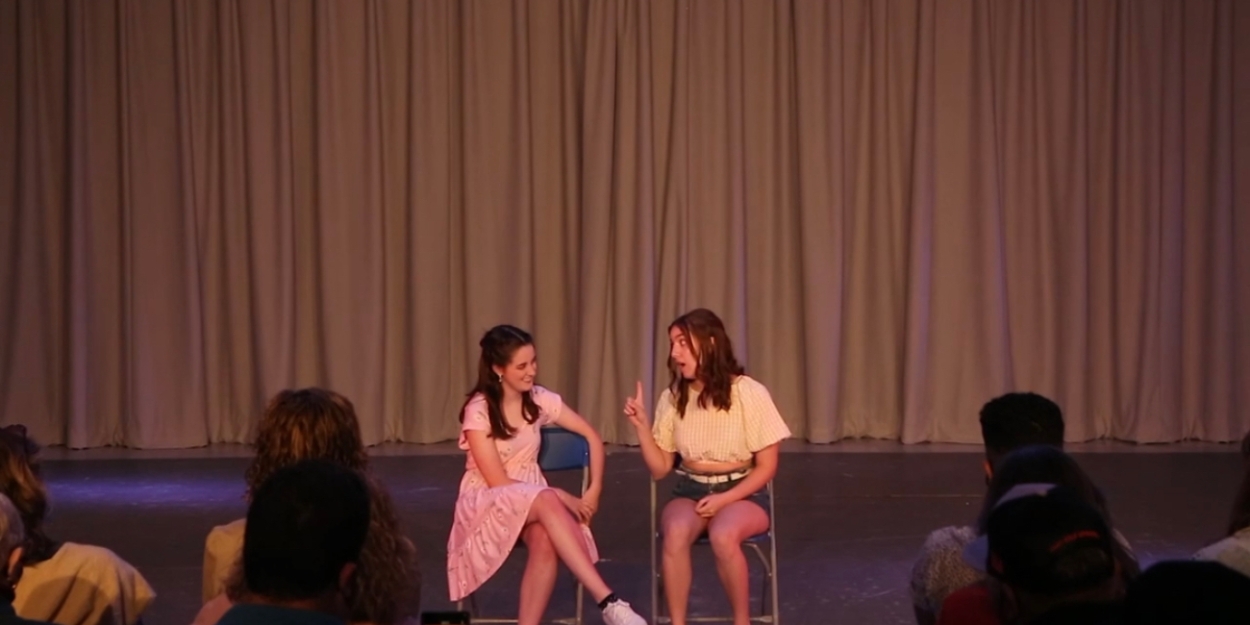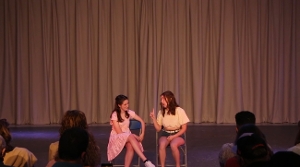Student Blog: How Overworking Leads to Burnout
In this industry of high standards, the lines can easily blur between productivity and overworking.


In the entertainment industry, diligence is heavily celebrated. Due to the nature of this highly competitive environment, actors have to continue training, working, and networking to be successful. This strong work ethic often leads to immense growth. It leaves actors striving to always better their craft, but it also comes with a cost. In this industry of high standards, the lines can easily blur between productivity and overworking.
Looking at it from an outside perspective, burnout is clearly not productive by any means, but it can be difficult to know when you’re overworking. When you’re hyperfocused on training, auditioning, self-tapes, and schoolwork, it can even feel good to work until you collapse. This kind of work comes with a sense of accomplishment, and it is applauded because it reads as strong dedication. In the performing arts world, when you are the first to show up and the last to leave every day, you are met with only positive feedback, regardless of whether or not it’s healthy.
I am incredibly prone to burnout, and many actors also share this tendency. It has become so normalized to work yourself to the point of exhaustion, and it often feels like you are never doing enough when that is seldom the case.
In my own experiences, unfortunately, I usually don’t know I’m burning myself out until it’s too late. Personally, this happens because I get into the terrible habit of comparing my work ethic to other performers. It is so easy to think that overworking is the norm. In this industry, we are taught, consciously or subconsciously, that there will always be somebody who is working harder and training more. Comparison is not healthy, but it’s a hurdle every actor has to overcome, and a way a lot of actors cope with this is by overworking to “catch up”.
Last year around this time I experienced the worst burnout that I’ve ever had with theatre. Because performing is something that I love deeply, burning out of theatre was particularly painful. Burnout is accompanied by energy depletion, hopelessness, and chronic stress, and all of these symptoms are so much worse when the source of these feelings comes from something that has always brought you joy.
When I burnt myself out last year, I needed to rest, and luckily I spent winter break recovering before the second semester. It is so tricky, especially as a student actor because it can be difficult to prioritize your rest when you are bound to an intense training schedule. This is why relying on the time in your break to fully reset is vital when you’re in college or a conservatory program. Navigating school while simultaneously breaking into the industry is draining. You need to take time away from your craft because if you continue to work as you are burnt out, it will only lead to resentment.
Burnout is something that every creative person has to deal with at some point in their life. However, there are measures you can take to move forward more sustainably. To prevent burnout, you have to be honest with yourself. Monitor how much time you spend working and thinking about acting, school, and auditions. Make sure you’re balancing your schedule so that you have time to relax, spend time with friends and family, and explore passions outside of theatre. When you catch yourself overworking and you’re able to correct it before you burn out, this builds up a foundation for a lasting career. From the perspective of someone who has a hard time differentiating diligence from overworking, prioritizing my mental health has been a game changer. If you find yourself overwhelmed, rest can be even more productive than going to every single audition or picking up an extra dance class on your day off. At the end of the day, having a strong work ethic is important, but by no means does that come before your well-being.
Videos


